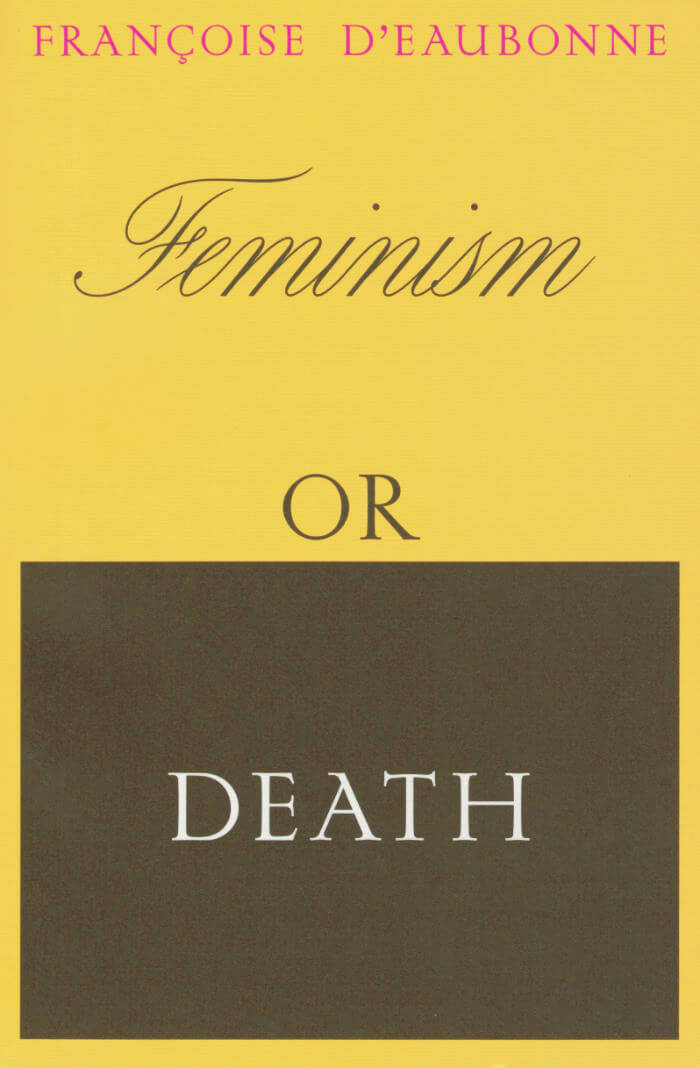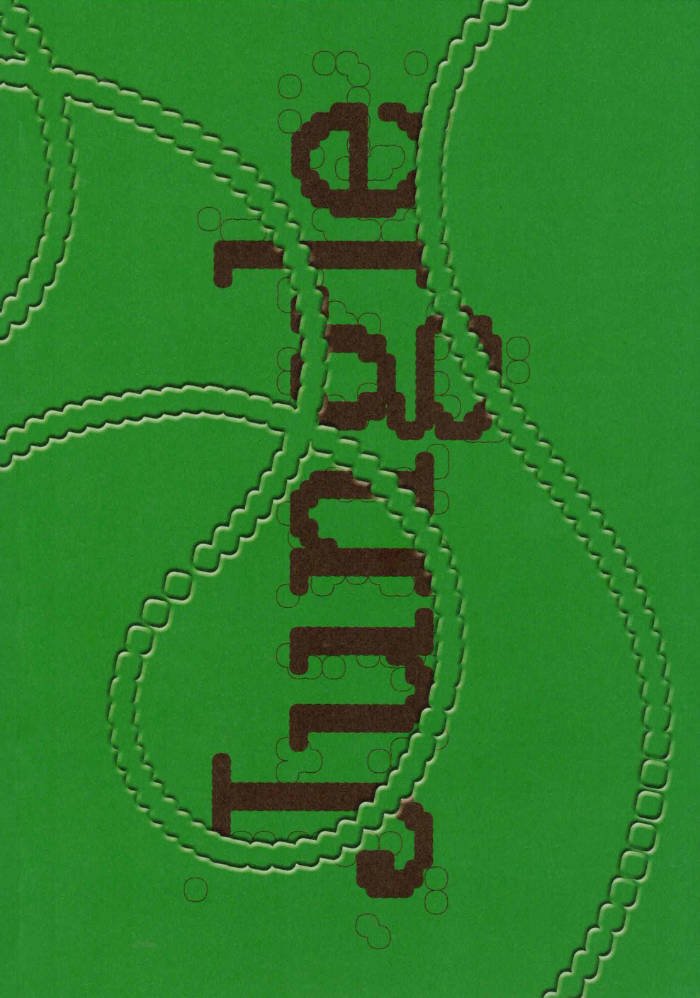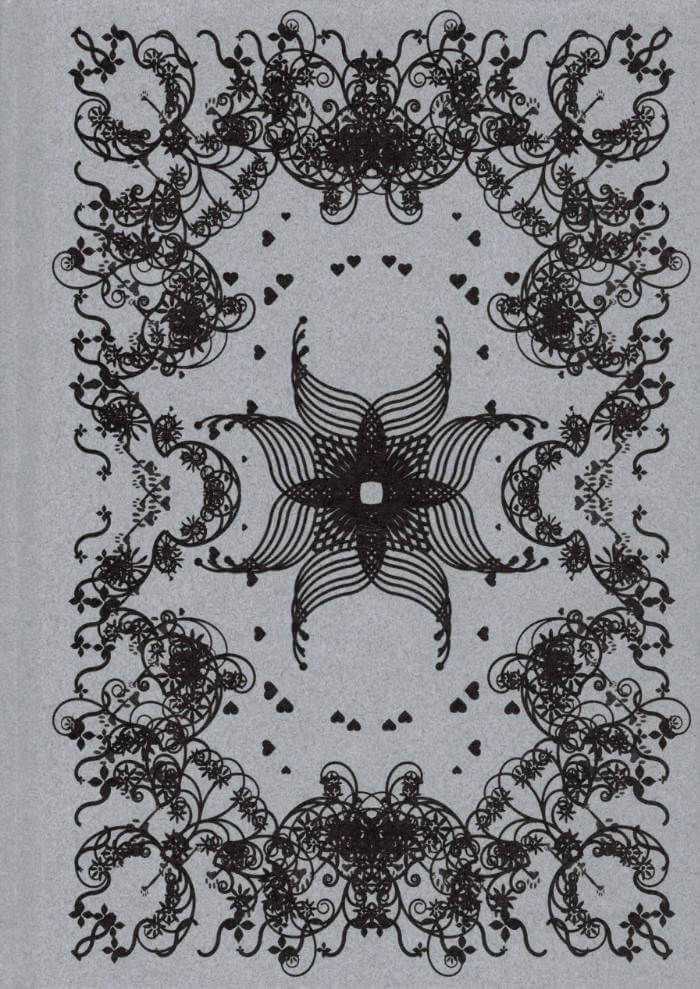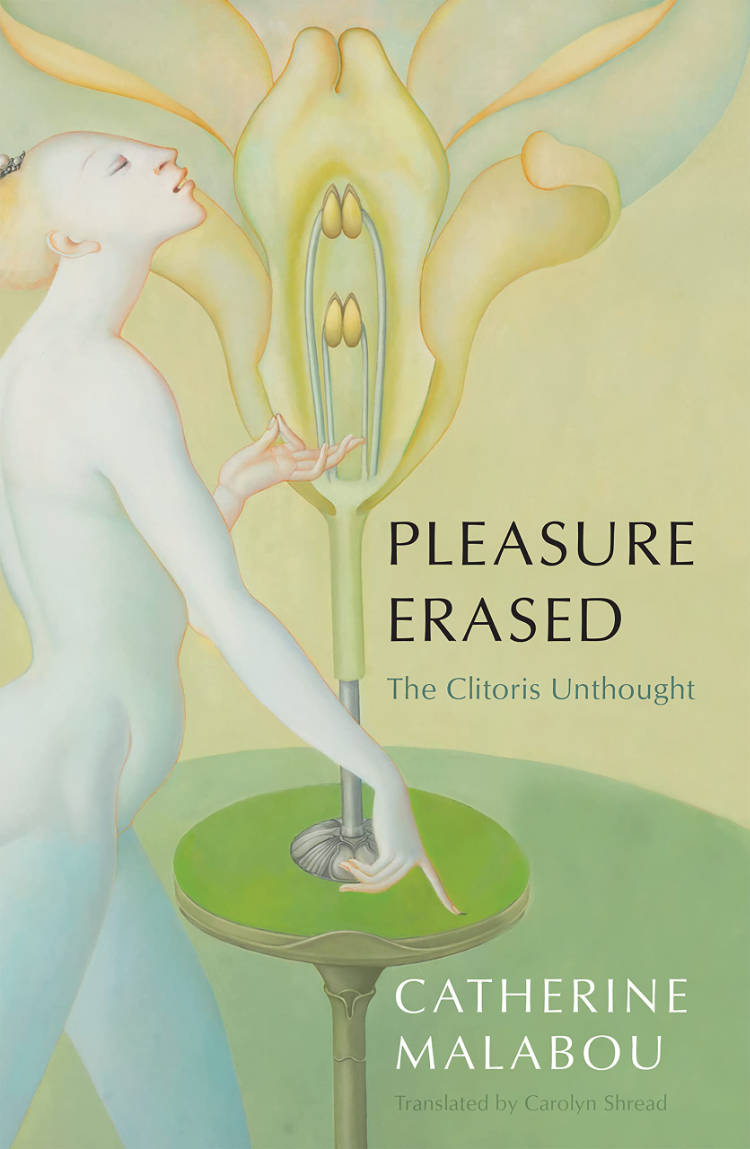
Feminism or Death
Originally published in French in 1974, radical feminist theorist Francoise d'Eaubonne's Feminism or Death surveyed women's status around the globe and argued that an internationalist feminism was not just about equality but about life or death - of humans and also of the planet.
D'Eaubonne first proposed a politics of "ecofeminisme," the idea that the patriarchal system also destroys the environment, and that feminism and environmentalism must be connected.







